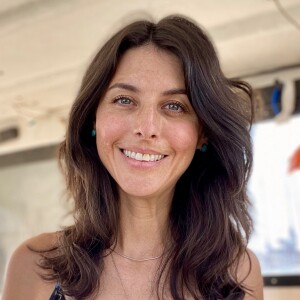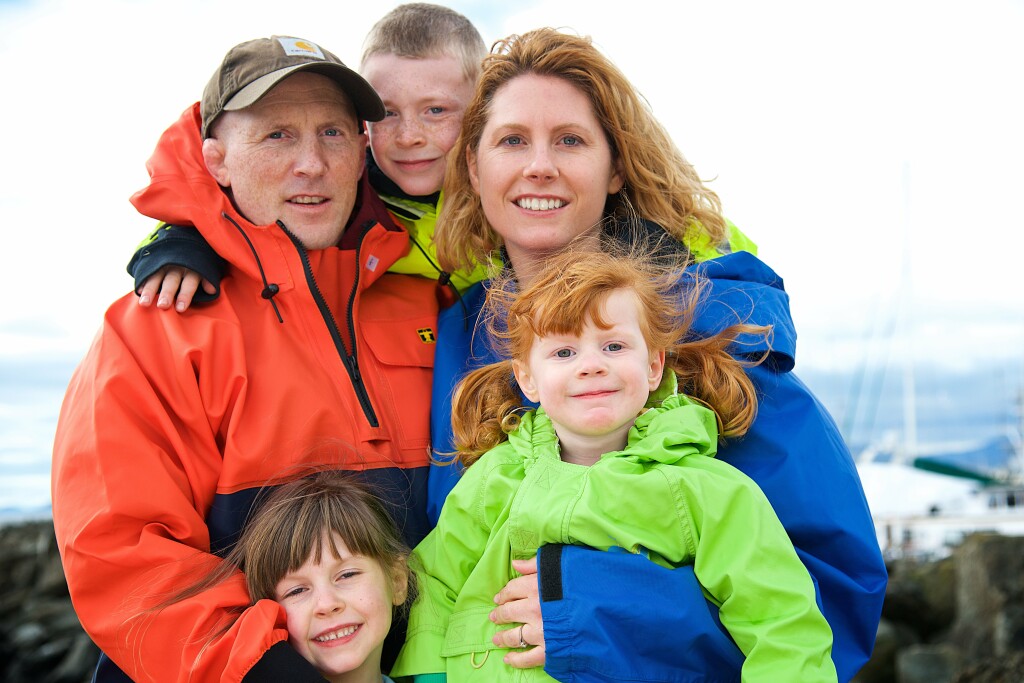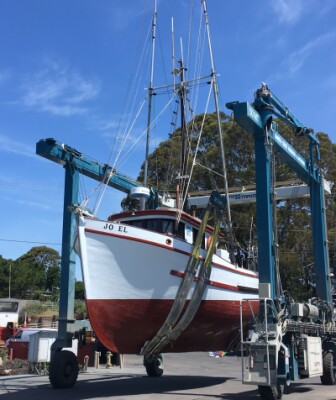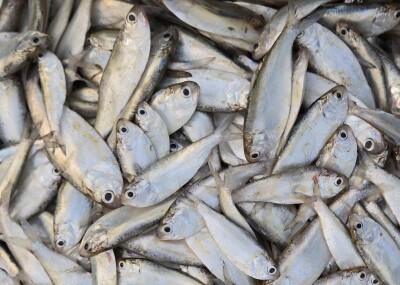A member of our private community mentioned Sena Sea Seafoods, a vertically integrated family business that fishes wild-caught seafood out of Alaska while also processing and shipping products around the world – all in-house!
(The only time I’ve come close to this experience is when my husband Chris brings back a “home pack” of fresh salmon he caught and canned after a season in Bristol Bay.)
My favorite part of Sena Sea Seafoods is knowing the family behind it. A fifth-generation fishing family has found a way to make the “home pack” dream happen for anyone who loves fresh-caught salmon, white fish, shrimp, and crab. (A full list of products can be found here.)
My second favorite part is knowing that Sena Wheeler – wife and namesake of the brand – offers valuable advice as a woman who has grown up entirely around the industry and lives and breathes it to this day.
Sena even touches on how they manage their money during a slow season – a challenge most face in the commercial fishing industry. I’ll let Sena take over from here:
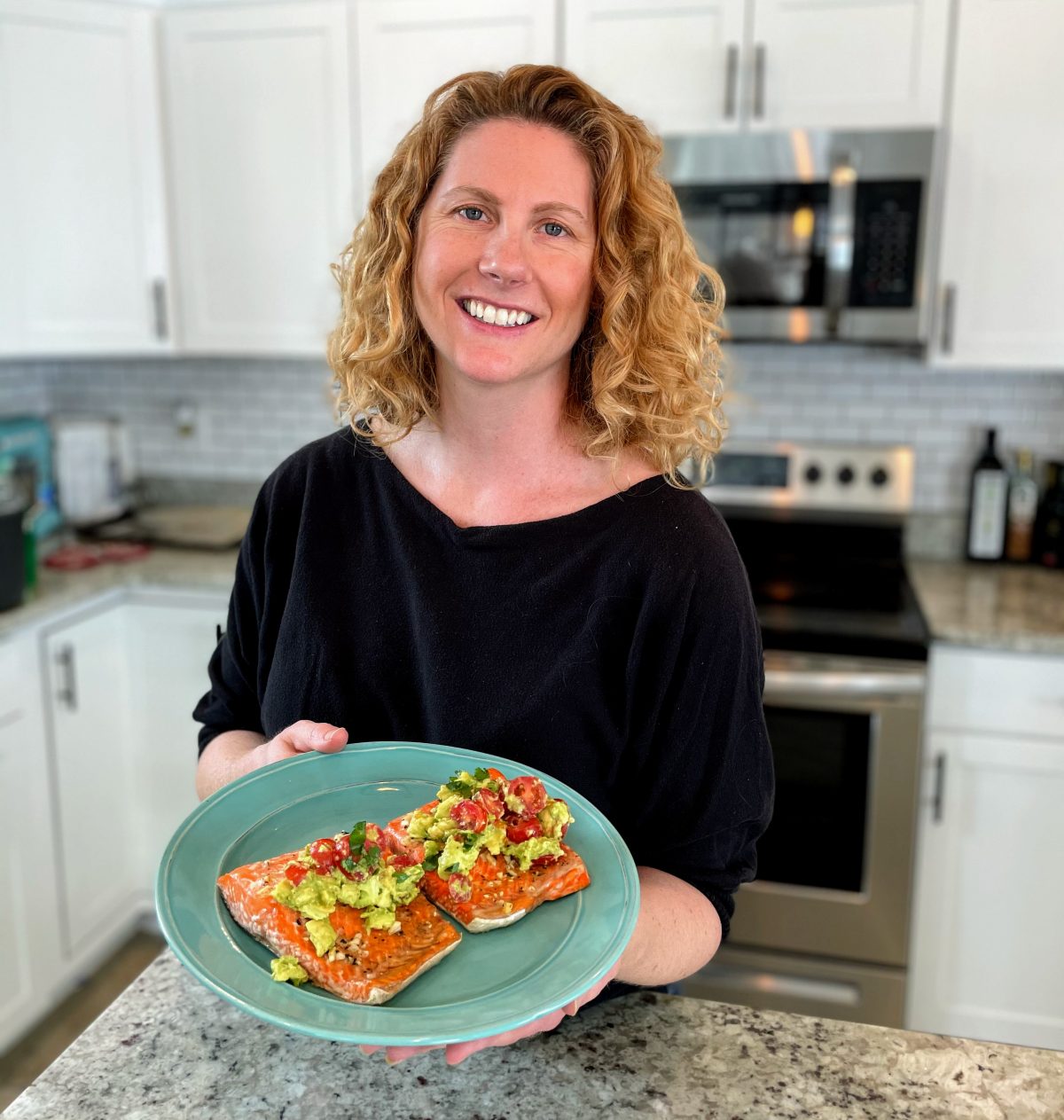
Coming from 5 generations of fishing wives, how did the women in your family handle the challenges of a fisherman’s wife? Things like managing the home, the fluctuating price of fish, and raising a family. What are your biggest takeaways?
My mom and grandma were both fishing wives. My grandma was Swedish, my Grandfather immigrated from Norway, and all of my Nordic family are very stoic.
Just like me, my mom raised 3 kids, took care of the house, and ran her own business (a health food store). I can not remember my mom complaining about my dad being gone or the fishing lifestyle even one time. I draw strength from her, strength in the knowledge that it can be done, that it has been done. For me, it’s all about mindset.
I remember that this is a lifestyle that I chose (unlike most people, I knew full well what we were getting into).
I make a conscious effort to take advantage of the positives that come with the fishing lifestyle – time off in the winter, dad not having a 9-5 job, taking the kids to Alaska, and immersing them in a tangible lifestyle.
I don’t think of Rich as a fisherman; I think of us as a fishing family.
It’s amazing that your husband, Rich, learned your family’s traditional Norwegian fishing techniques on your dad’s boat, the F/V Alrita! Was Rich a fisherman before you became a couple? If not, was there an expectation that he would be because of your family’s history?
Rich had never fished when we started dating. Fishing was not an expectation of him but presented more as an opportunity for him. When my Dad asked him if he’d like a chance on his longline boat (F/V Alrita), Rich jumped at it.
It was the same thing for my Dad- he got a chance on my mom’s Dad’s boat (F/V Cape Flattery). Once it looked like my Dad would work out, he was moved over to my great uncle’s boat because he didn’t have any sons to inherit the F/V Alrita.
The family boats were 70-year-old wooden longliners that fished out of Seattle for halibut and black cod in Alaska and off the coast of Washington.
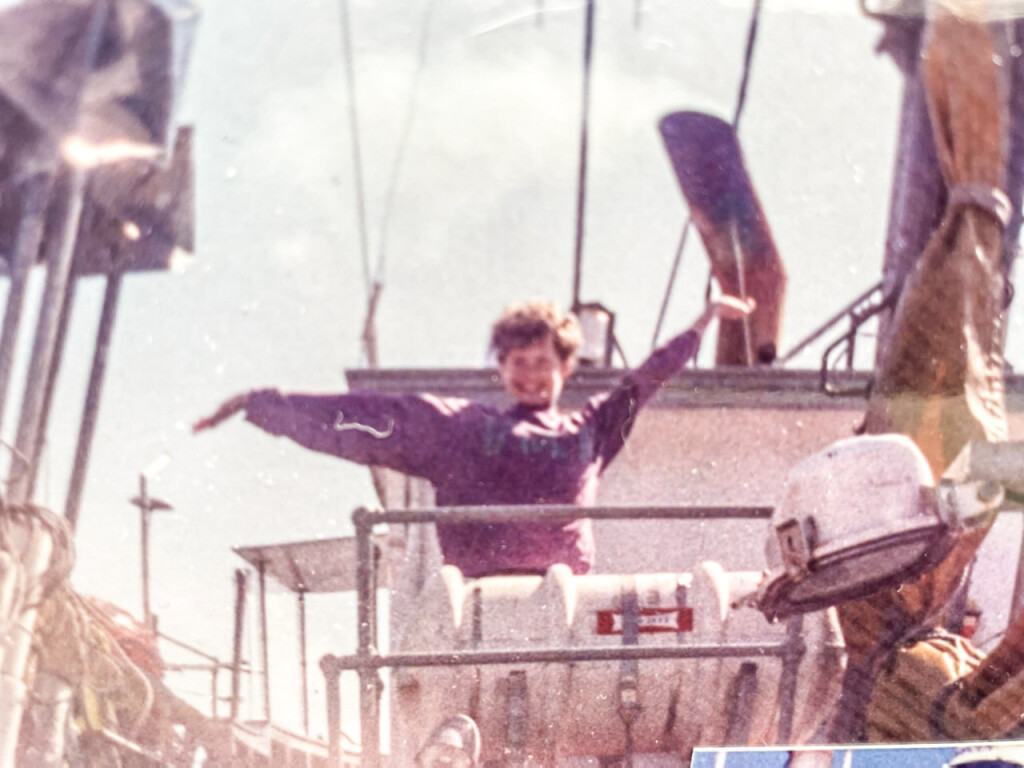
How has your role in the commercial fishing industry changed from your first season?
In the early years when Rich first started fishing, we were participating just like everyone else, just like our family had for generations. He fished and sold his fish at the dock.
Fifteen years later, when we created Sena Sea and started direct marketing our own fish, we had a lot more control over our catch and how it was sold.
Five years after that, we changed the game by purchasing a processing facility in Cordova. Now we catch, cut, sell, and ship the fish. A lot of people told Rich he can't be a fisherman and a fish buyer because they are always at odds with each other, but he has made it work really well.
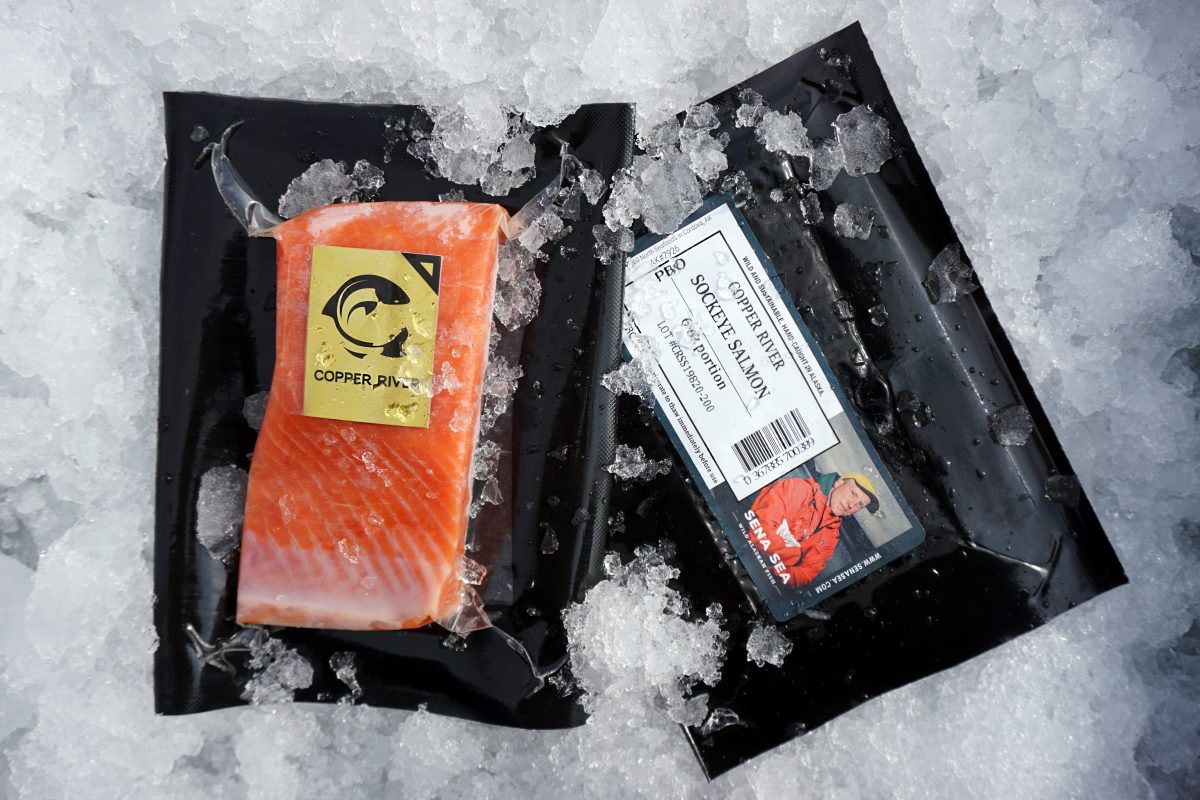
What are some challenges you’re currently facing?
Time away is always a challenge.
Like every fisherman, we are always trying to maximize his time away and have him home more. He now spends almost 6 months in Alaska, so we are working on more home visits, and we bring the whole family up to Alaska every summer for as long as possible.
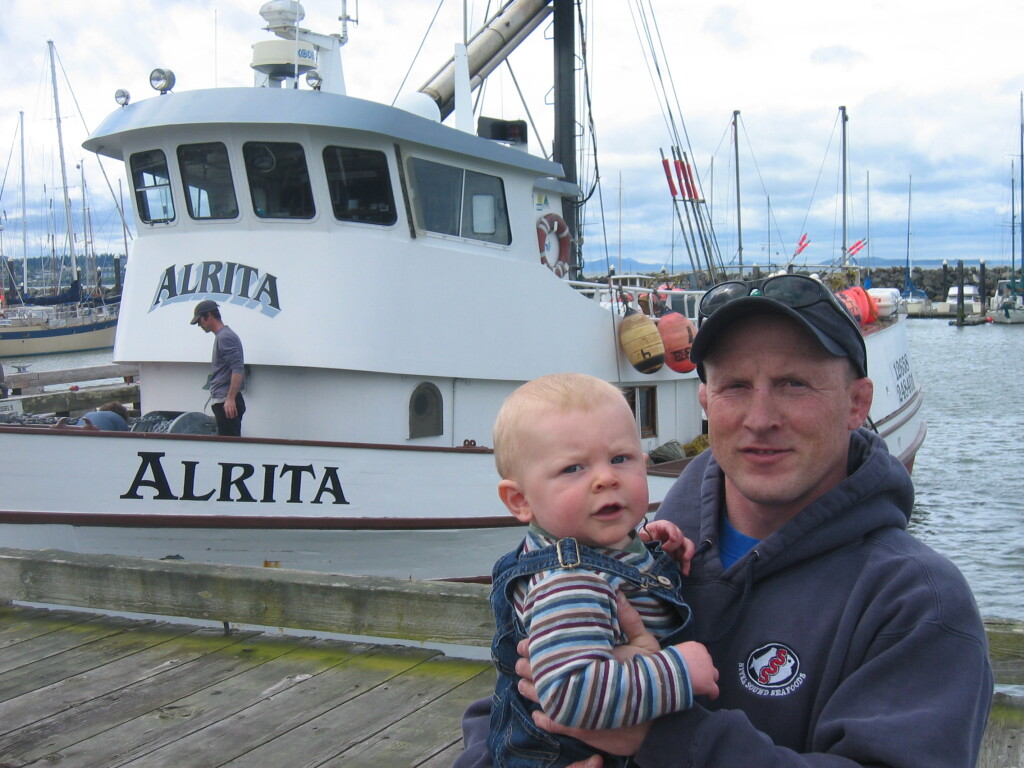
What are some successes?
We actually call ourselves a "Covid Success."
During Covid, a lot of people tried to quickly pivot to direct-to-consumer marketing, online sales, and shipping direct to customers, which is what we were already really good at. Most processing facilities sell whole H&G fish (headed and gutted) as fast as possible, but we were already focusing on premium individually vacuum sealed and frozen 6oz portions.
Congratulations on running 60 North Seafoods, a fisherman-owned custom processing facility in Cordova! What made you decide to expand your business into processing, too?
We had been direct marketing (selling our own catch) for about 3 years when the small custom processing facility that cut our fish went up for sale. Everyone was worried that one of the big processors would buy it, and all the little people (direct marketers, community members, and sport fishermen) would no longer have a place to process our fish on a small scale. We got some other fishermen together as investors.
We started 60 North Seafoods, where we cut the fish for Sena Sea and other direct marketers, wholesale buyers, subsistence fishing, and sport fishermen.
What are some changes (environmental or regulation concerns) in the fishing business that is top of mind right now?
Future sustainability and the current catch are always top of mind for a fishing family. Generational fishing families are not thinking only about today's catch but also the future health of the fish stocks, as that is critical for our way of life.
Even though we don't fish in Bristol Bay, Alaska, last year's largest recorded salmon return was a huge win for all wild Alaskan fishing. It makes us feel like the sustainability measures, regulations, and restoration efforts are working.
Do you have a community with fellow fishermen’s wives in your area? How do you find support outside of your family?
We have some community among other fishing families in Cordova. We live in Washington, but we visit Cordova with the kids for 2 to 6 weeks in the summer.
Even though we don’t live there, we have a quick understanding because of the shared fishing lifestyle. We don’t actually have any fellow fishing families in our area, and we are the last fishermen in our family.
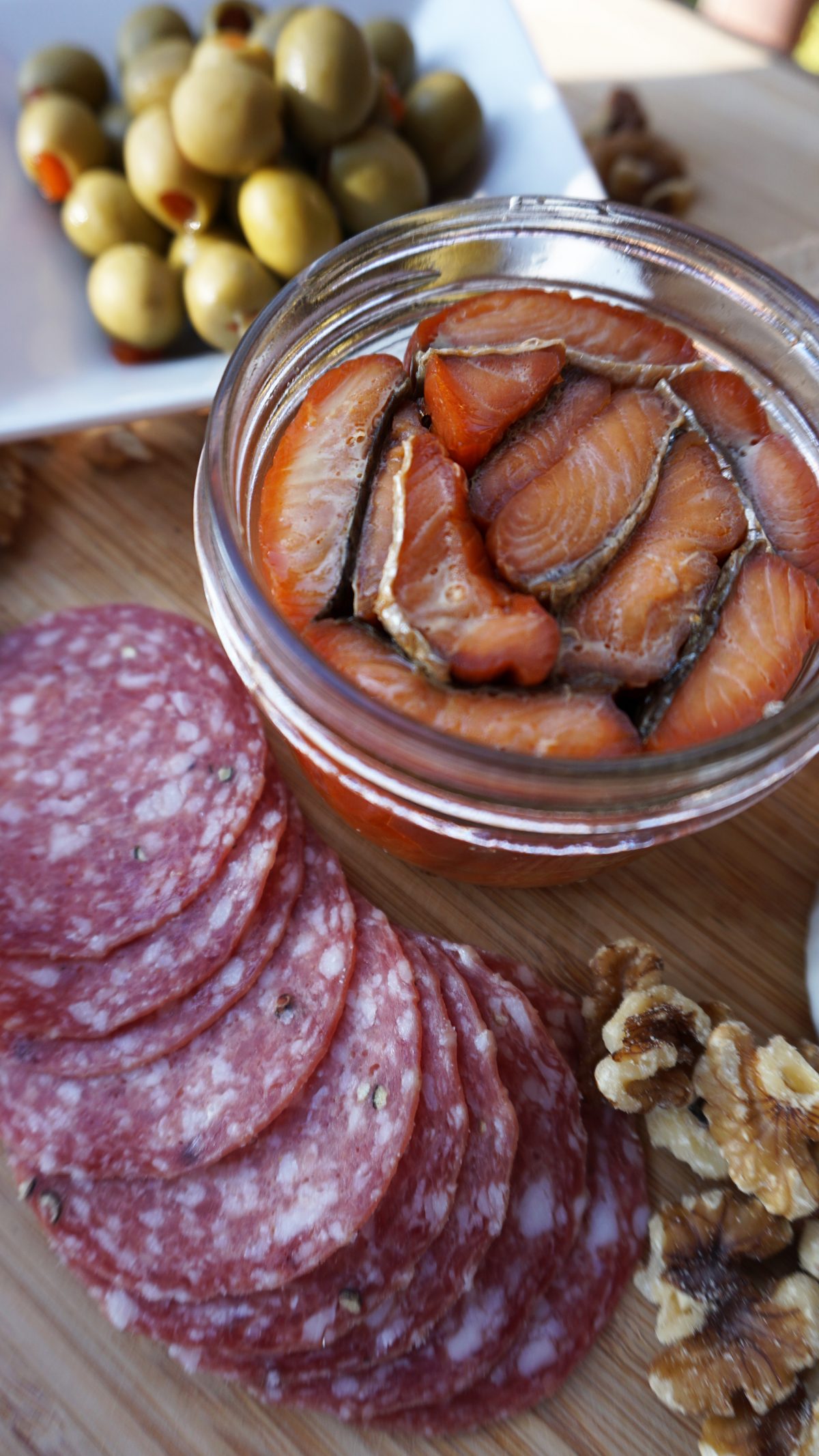
Since seasonal work can fluctuate, what kind of financial advice could you offer to POCFs about managing seasonal income? (This was a pain point for several POCFs on our last video call.)
We try to keep all our monthly expenses as low as possible to make it through a lean year. When we have a better year, we pay something off or do a home project with cash, careful not to dip into what we will need over the winter.
The most critical thing is being clear about how much money you need over the winter to pay bills each month.
What advice would you offer a new Partner of a Commercial Fisherman who is navigating through their first season?
I would remind them that fishermen put in very long hours and sometimes don’t have cell reception, so be prepared for some days without contact. A positive mindset is more critical than ever during those days, so worrying doesn’t spiral.
And I would probably send them to your blog since I don’t know of any other community really talking about it. (Your partner can join the live community forum for Partners of Commercial Fishermen here!)
Your blog is loaded with so many amazing recipes! I know it’s hard to pick, but which would you recommend for someone who isn’t familiar with cooking seafood? Which would you recommend to the chef who wants to take it to the next level?
This is not a shameless plug, but if you’re just getting started, I suggest signing up for our email list on www.senasea.com to receive our downloadable cookbook with our basic family go-to recipes for salmon, black cod, and halibut. They are very simple and always turn out great.
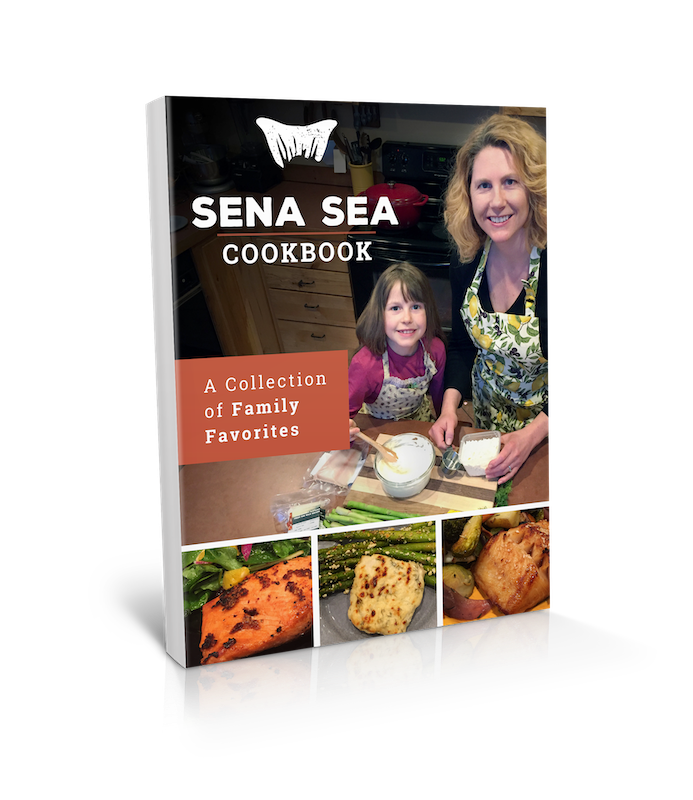
Anything you’d like to add?
Yes, I shared my personal mindset about being a fishing wife, but I understand that my experience is very unique, having grown up in a fishing family with parents modeling a positive lifestyle. Other people may have very different experiences.
I am talking about a positive mindset, but certainly not suggesting that people just put their heads down and never complain! Everyone must find their own path and discover what works for them…and your community seems like a great place to start!
Which part of this helpful interview stuck with you? Please share your takeaways in the comments below!




